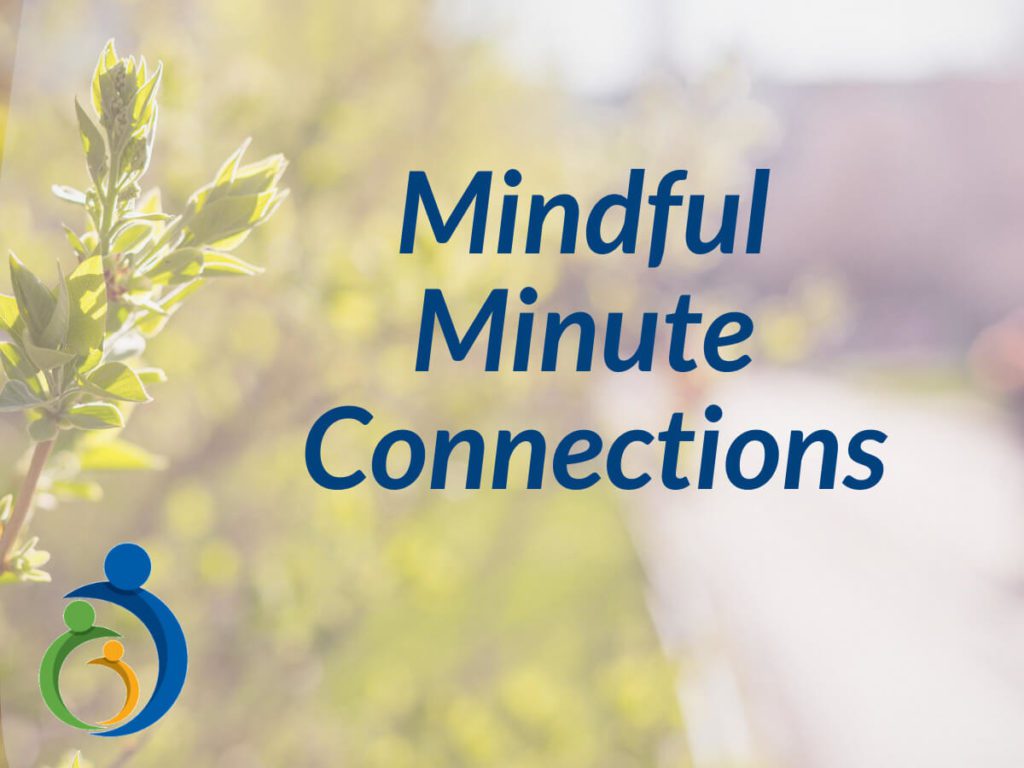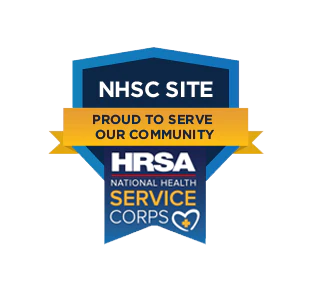
This blog post was written by Shanleigh Bechard, MS, LPC, NCC, a mental health therapist at the Beloit Area Community Health Center and is currently accepting new clients.
It was a year unlike any other
A global pandemic. An economic crisis. A politically polarized election. A racial justice movement. 2020 was… a lot.
Almost too much for our bodies and minds to handle. And although the year has (finally) come to an end, the current events of 2021 thus far have unfortunately faded many of our hopes that the new year would bring immediate change.
We say that feelings are valid when they fit the facts. That is, when the observable facts we can experience through our senses can logically explain what we are feeling. Currently, the reality of our world aligns with a wide variety of internal experiences. Whatever you are feeling right now about the current events of our world is probably valid.
If you are experiencing any or all of the following, you are not alone.
Anxiety
Uncertainty often leads to feeling anxious. Our brains like predictability and routine, and we often feel most comfortable when we know what to expect. The last year has been filled with unexpected twists and turns and unanswered questions. It has challenged us to exist in a space of the unknown, resulting frequently in feelings of anxiety.
Overwhelmed
Our nervous systems have not evolved to effectively withstand high levels of stress long term. Negative consequences such as health problems or mental health struggles result when we do not have enough time to recover in between stressful events. The mixture of news updates, social isolation, and constant change of 2020 flooded our nervous systems with stress. It makes sense to feel physically and emotionally overwhelmed when we are presented with more than what our nervous systems can process.
Irritability or Anger
How much more can we handle? In the last year, we have been pushed to our limits with patience, flexibility, understanding, and adaptability. Feeling irritable or angry is valid and a normal response when feeling overwhelmed with stress.
Fear
Fear is a necessary and helpful emotion for survival. We feel fear when we encounter a real or perceived threat, and that fear springs our body into action to protect us. Because our current reality includes actual threats, fear is a valid emotion to feel, and can even be understood as helpful, because it pushes us to take actions that keep us healthy and safe.
Exhaustion
Our nervous systems have been working overtime to process all the stress of our world. This has required a lot of energy. It is ok to feel tired and it is ok to take extra time to rest. Our bodies need time to destress and recover before being able to effectively and productively handle the next stressor that comes our way.
Numbness
When stress is too much for too long, some of us shut down, disconnect, or zone out. This is another self-protective defense mechanism. If we are not connected to the present moment, we do not have to deal with it. Existing “on autopilot,” like we are just going through the motions, disconnected, or even dissociated can be a valid response to feeling overwhelmed.
Grief
2020 included tremendous loss. Not only of family members and friends, but of jobs, routines, activities, relationships, and more. Some may also feel guilt on top of this grief: “Others have it worse than me, so I shouldn’t feel sad or grief.” No matter what we may be grieving, it is important to give ourselves permission to feel it. Grief is valid and our different griefs can exist along side each other.
Loneliness
Humans are social beings and cannot fully thrive without each other. Social distancing guidelines, although necessary, have created isolation and distance within our relationships at a time when social support is perhaps needed the most. It is normal and valid to feel lonely and isolated during this time.
Helplessness
Watching and experiencing the events of 2020 unfold felt in some ways like riding a rollercoaster: stuck on the ride, with little control over what happens next. Although we always have some control in every situation (over ourselves and how we respond), much of the last year was simply out of our control. This challenged us to exist and adapt within the uncomfortable space of the unknown. A sense of helplessness or lack of control fits the facts.
Depression
Loss, social isolation, stress, inability to participate in pre-covid activities, along with all the feelings listed above, create a perfect recipe for depression. However mild or severe, it may fit the facts to feel down, sad, or flat. Many are struggling with depression during this time.
Hopefulness
Perhaps the emotion helping us through it all is hope. Hope for change, for health, for safety, for reconnection. With vaccines being distributed and political change upon us, there is a light at the end of the tunnel. Clutching to that hope supports our resiliency on the way towards that light.
Gratitude
The pandemic has highlighted things we may have taken for granted pre-covid: those we have lost, meetups with friends, holiday gatherings, daily activities, etc. As we begin to transition to (another) new normal, remembering the pain of the past year has the potential to reconnect us to feelings of gratitude and thankfulness moving forward.
Key Takeaways
By rejecting and resisting our painful emotions, we turn pain into suffering, making tough situations even worse for ourselves. This often includes self-judgment of the emotions we experience. Allowing ourselves instead to fully feel our emotions, although painful, leaves us with only the primary pain (and this pain is enough to deal with!).
Only when we identify, validate, and allow ourselves to feel can we move forward with processing and taking care of ourselves and each other.













